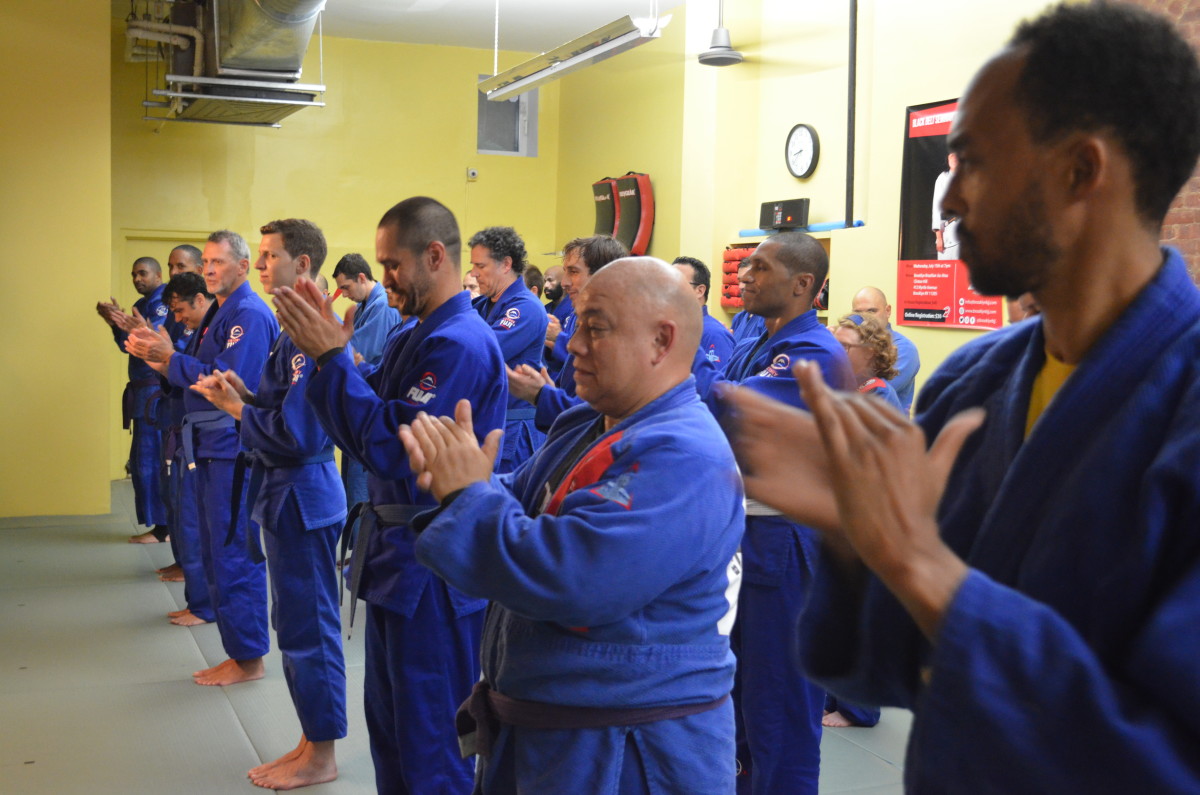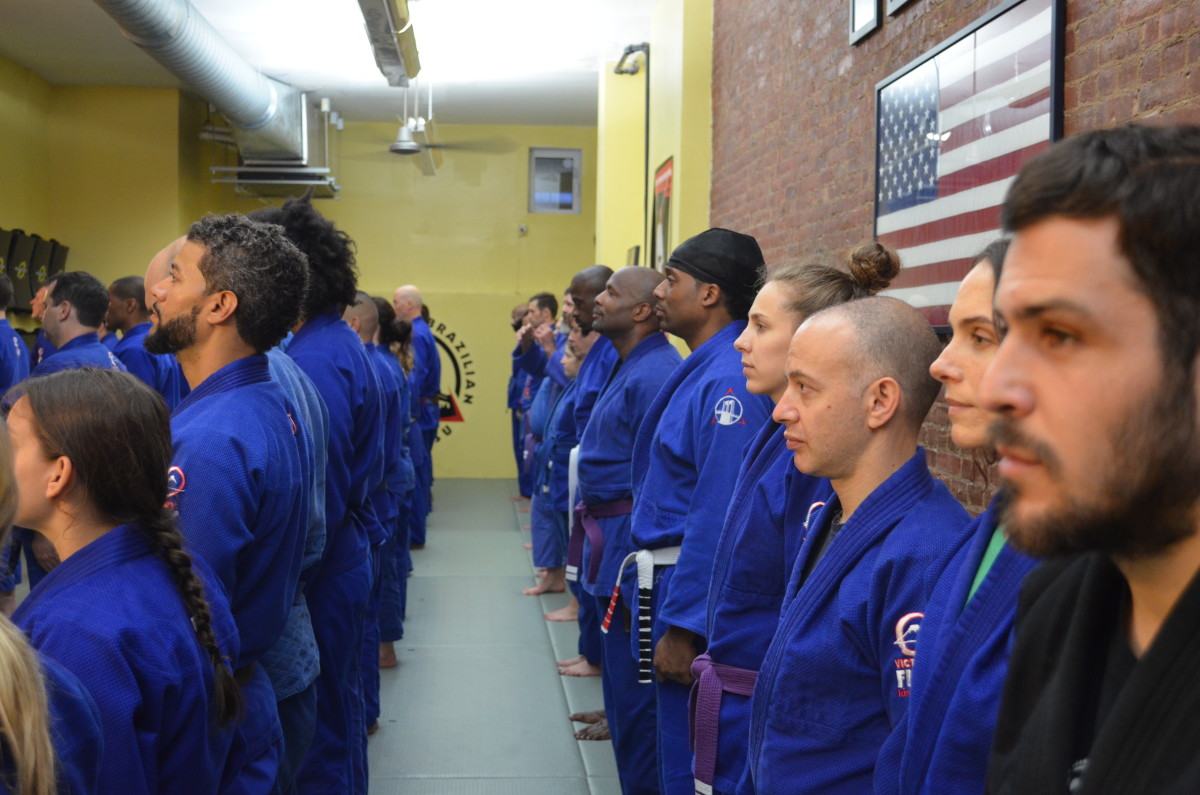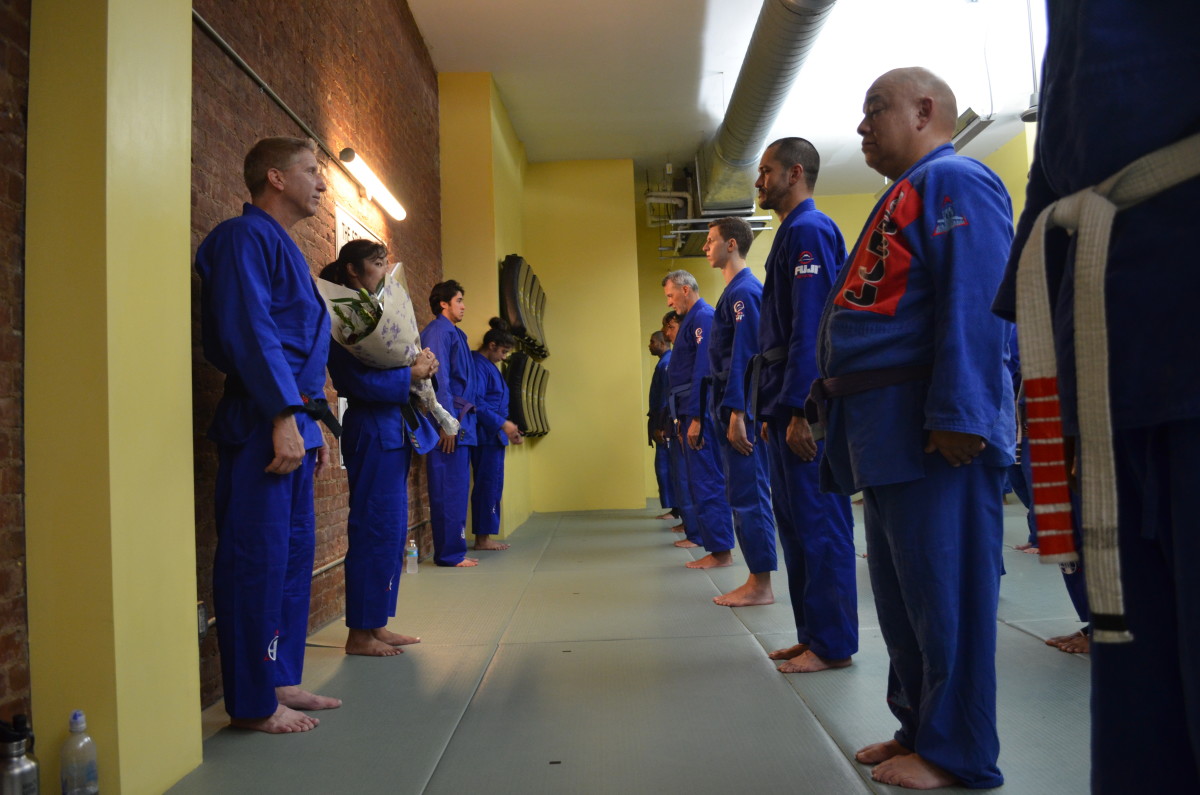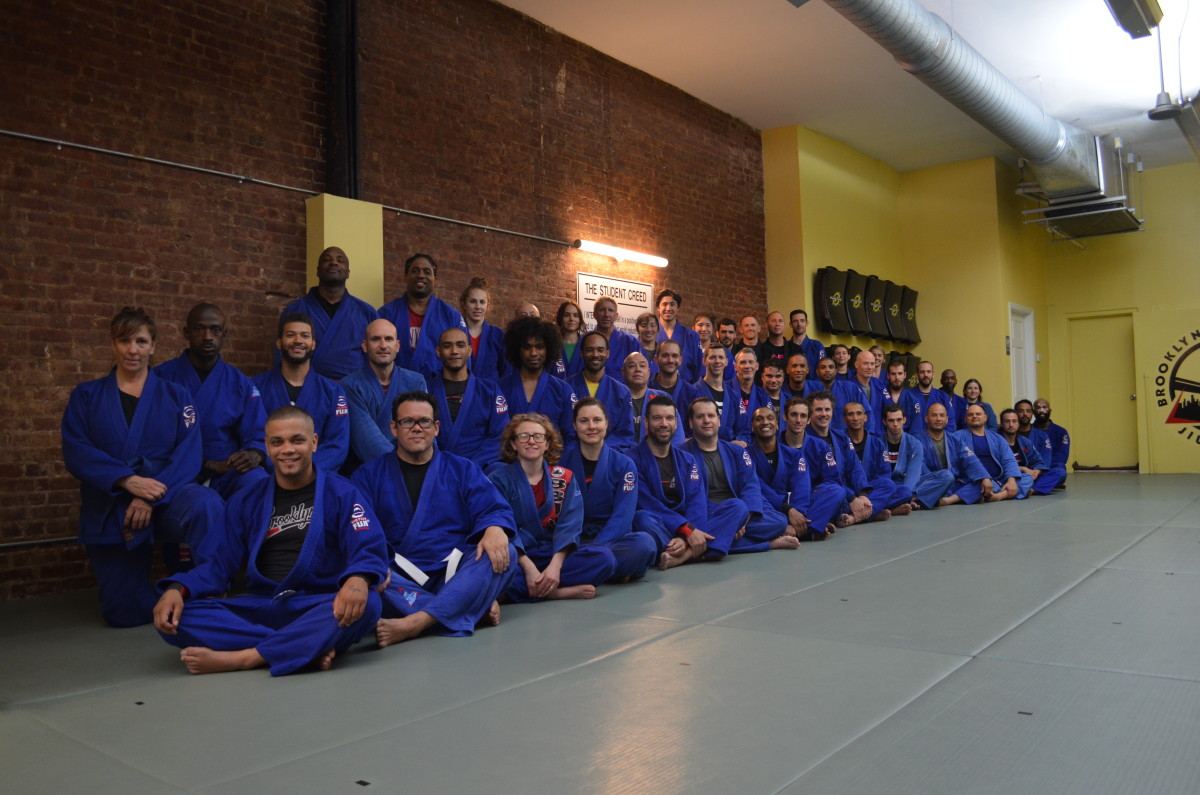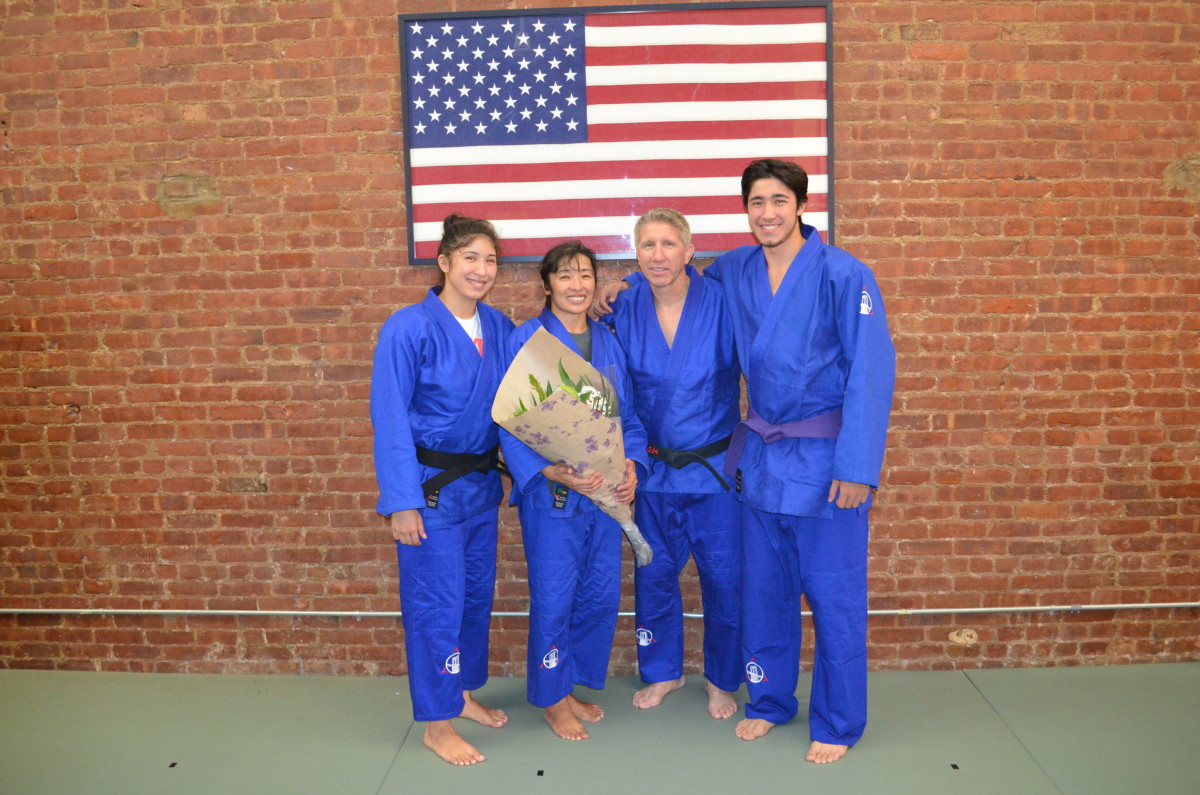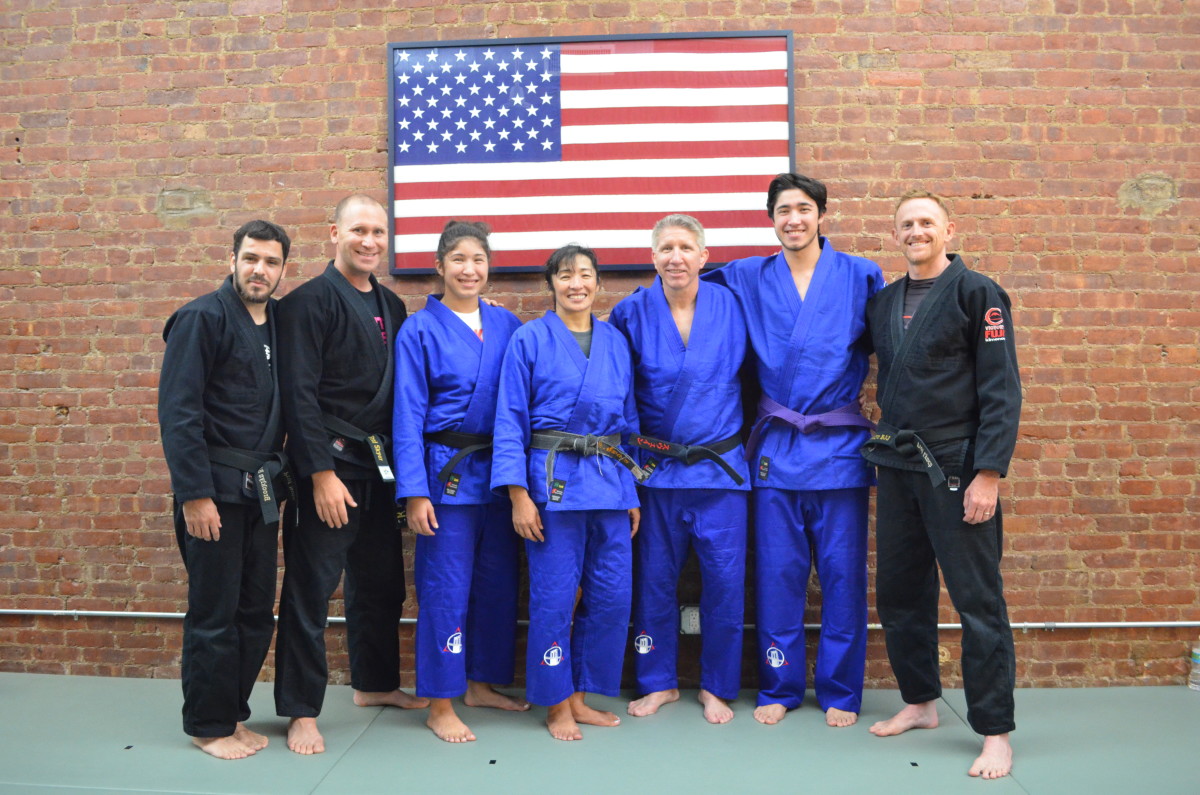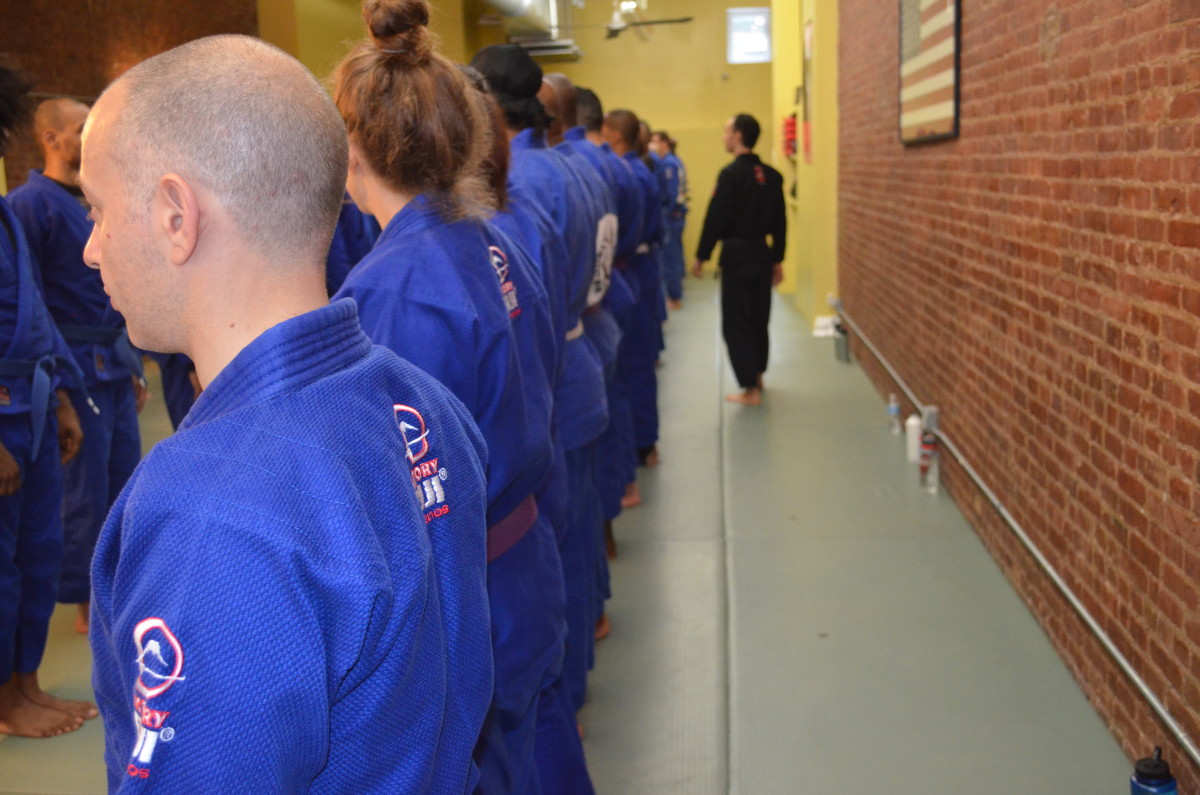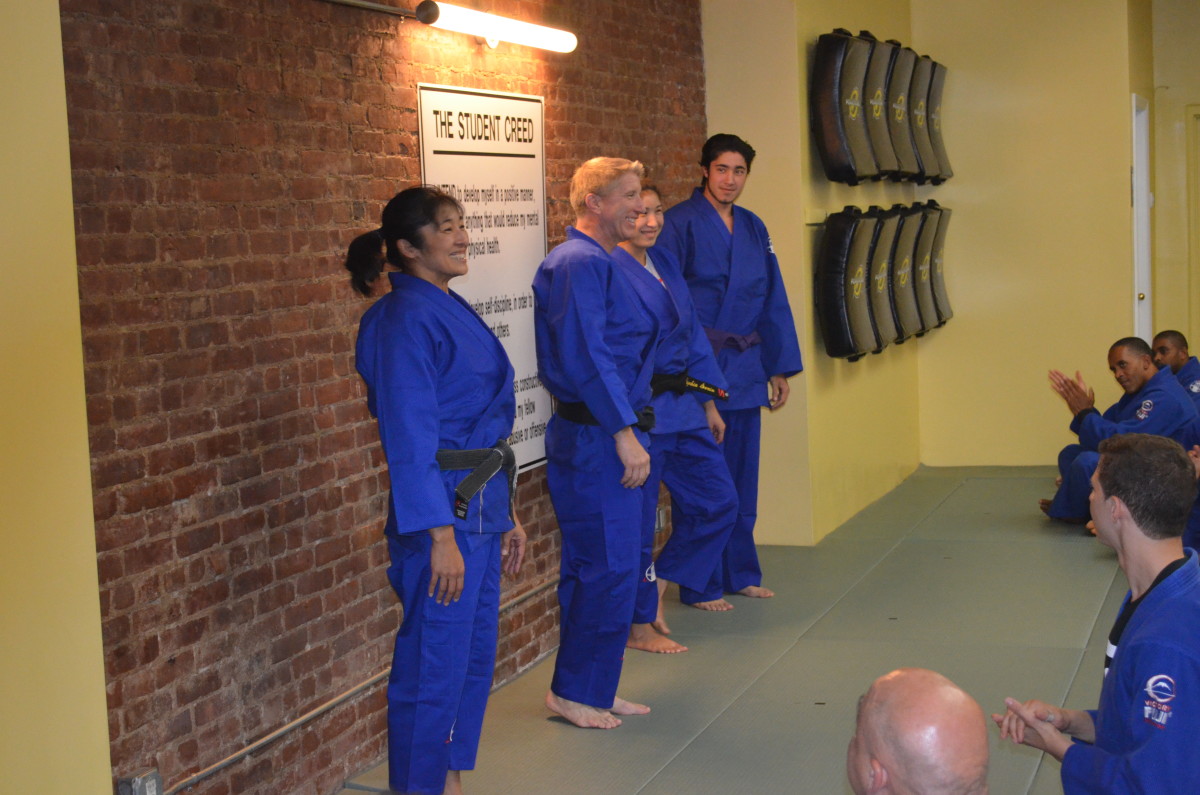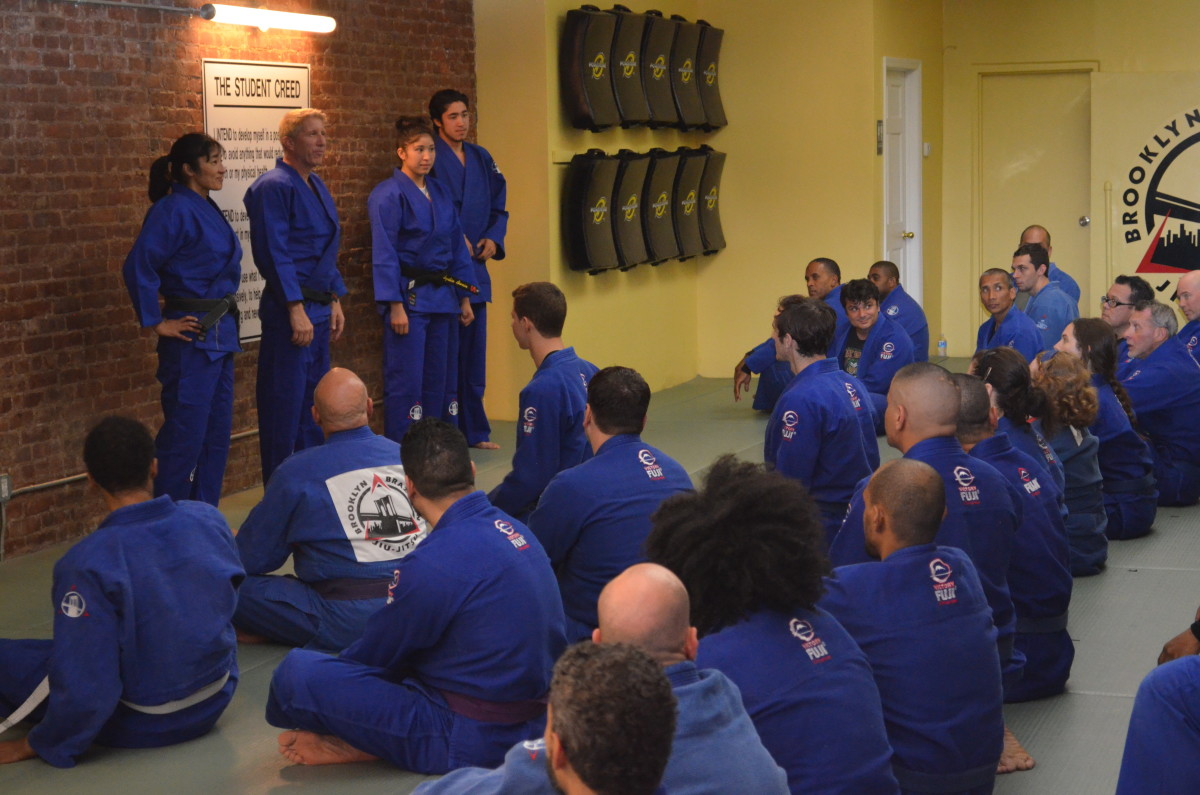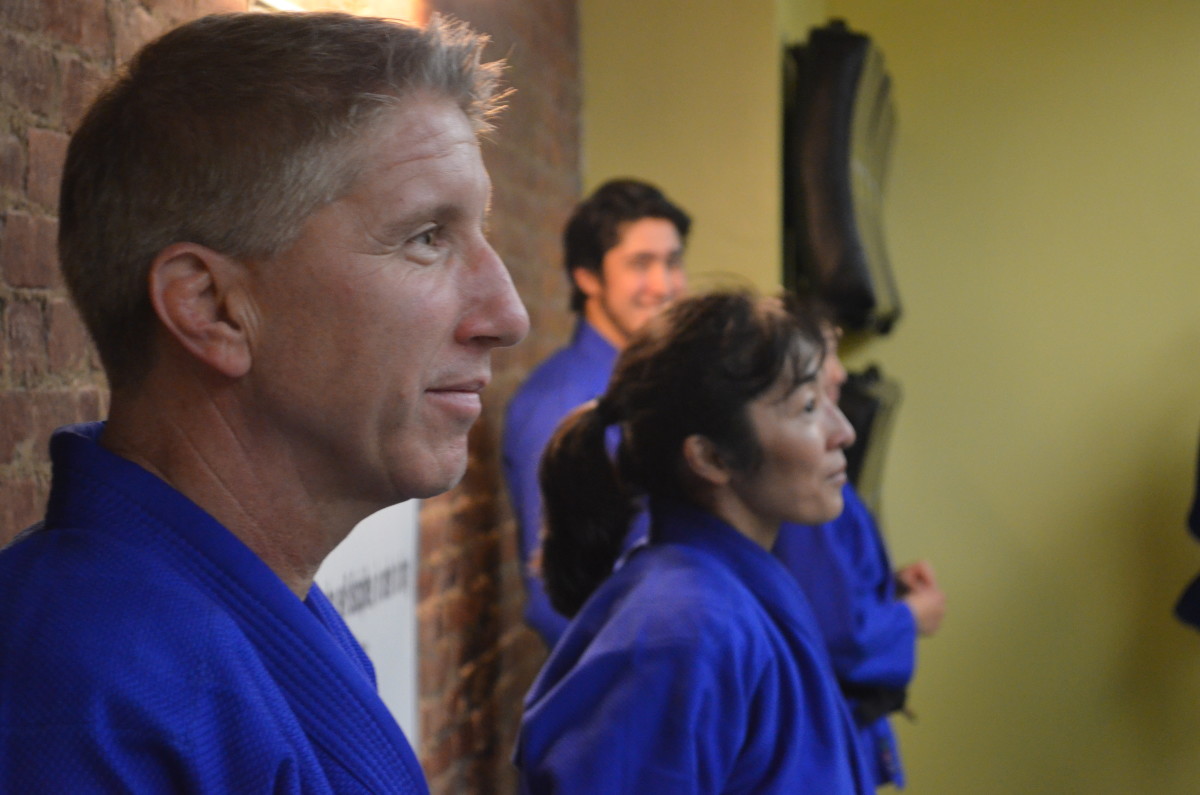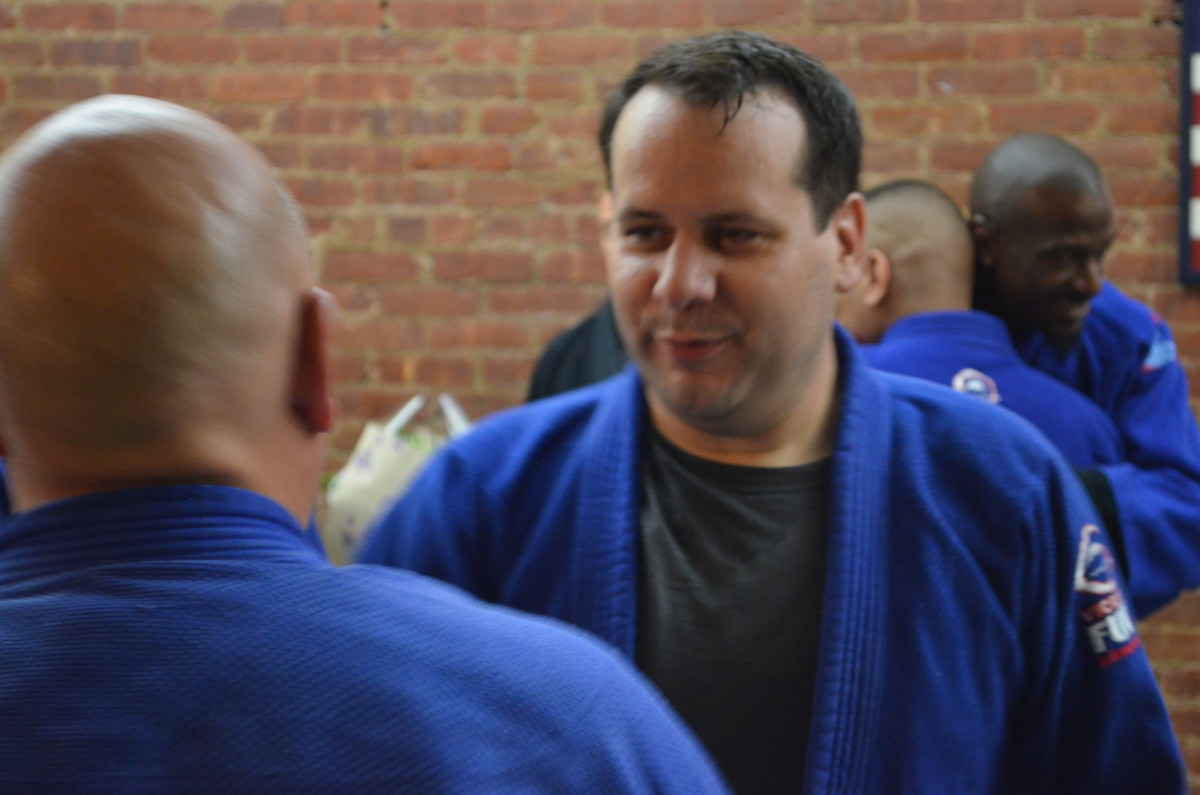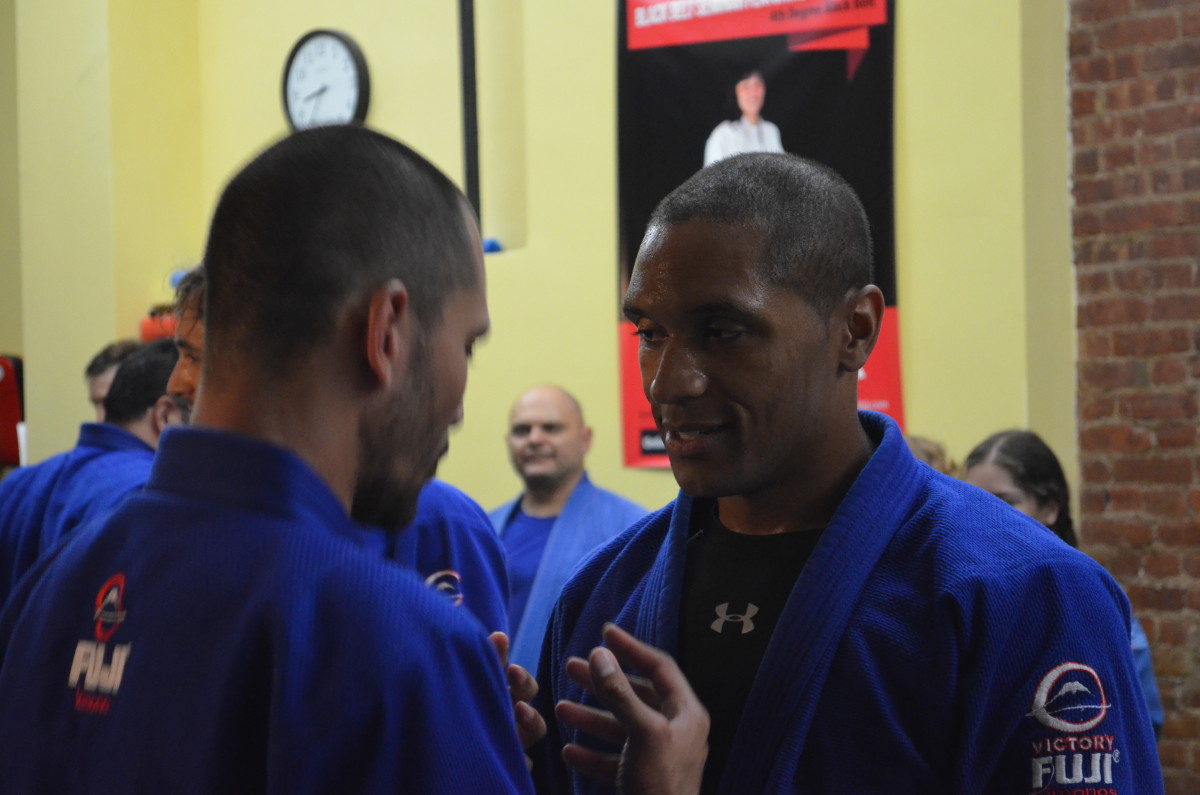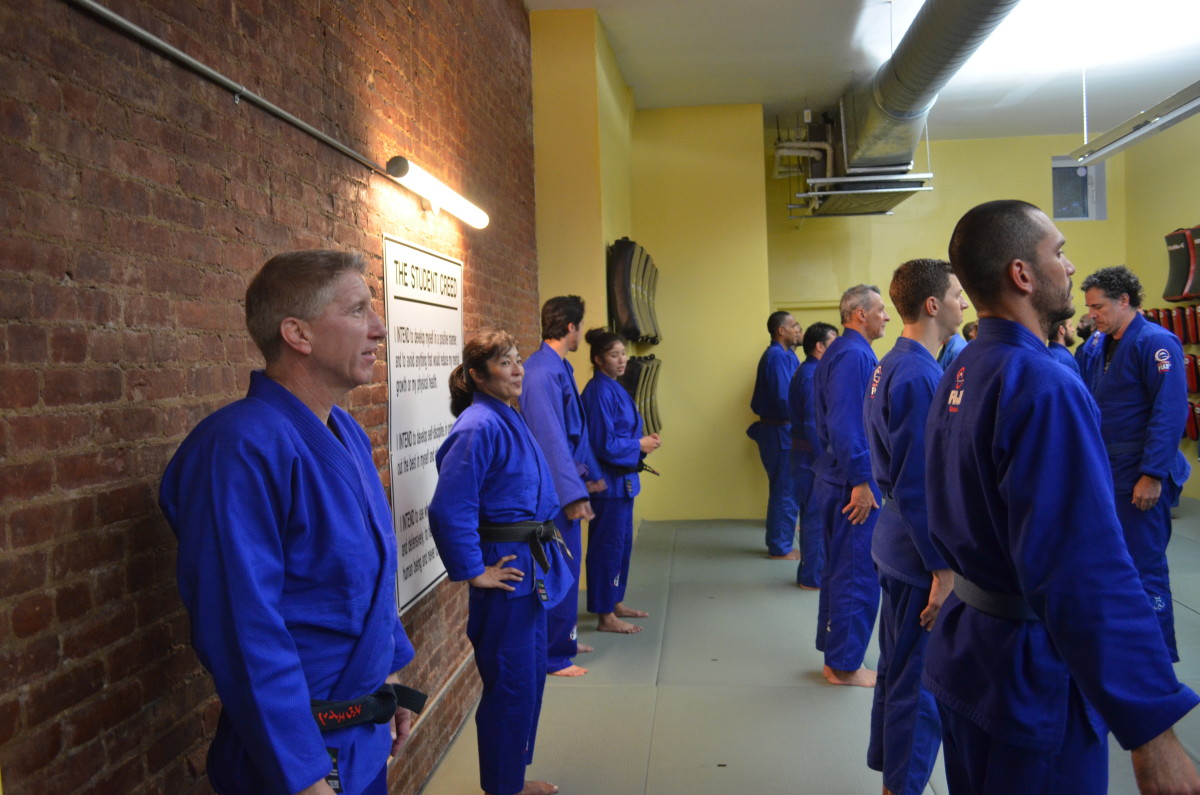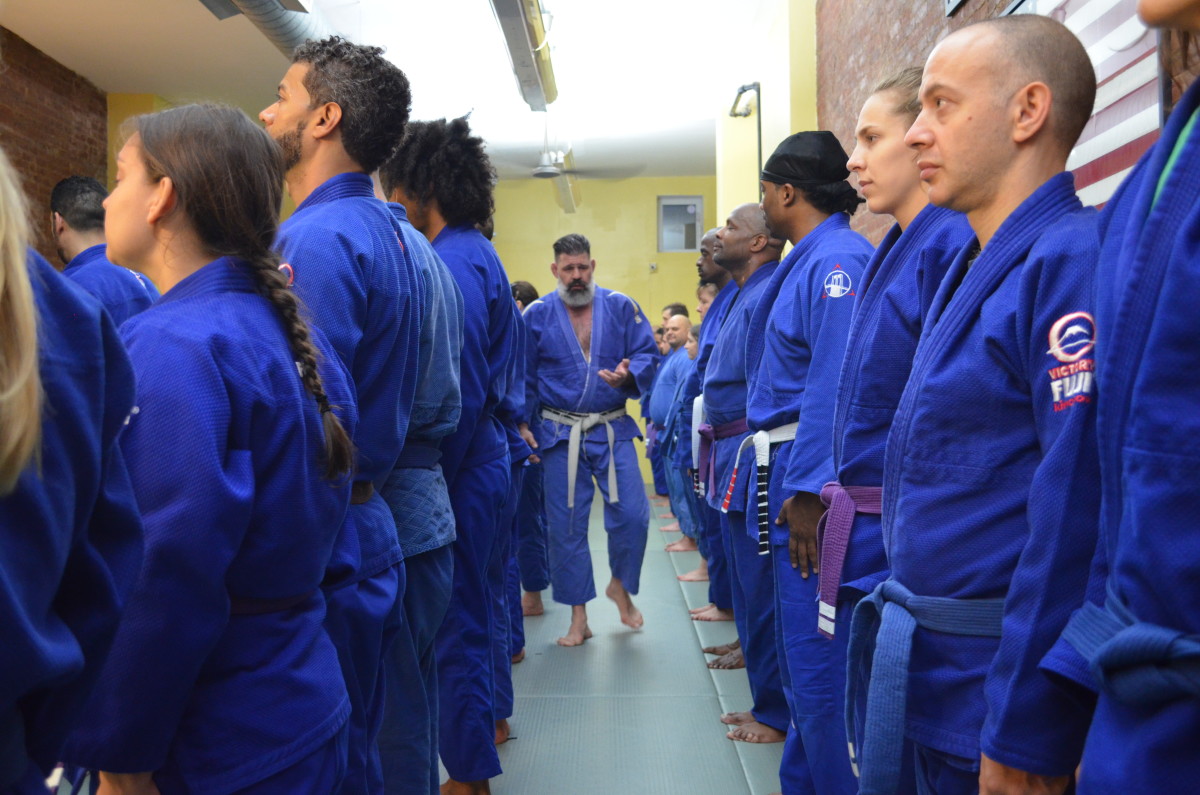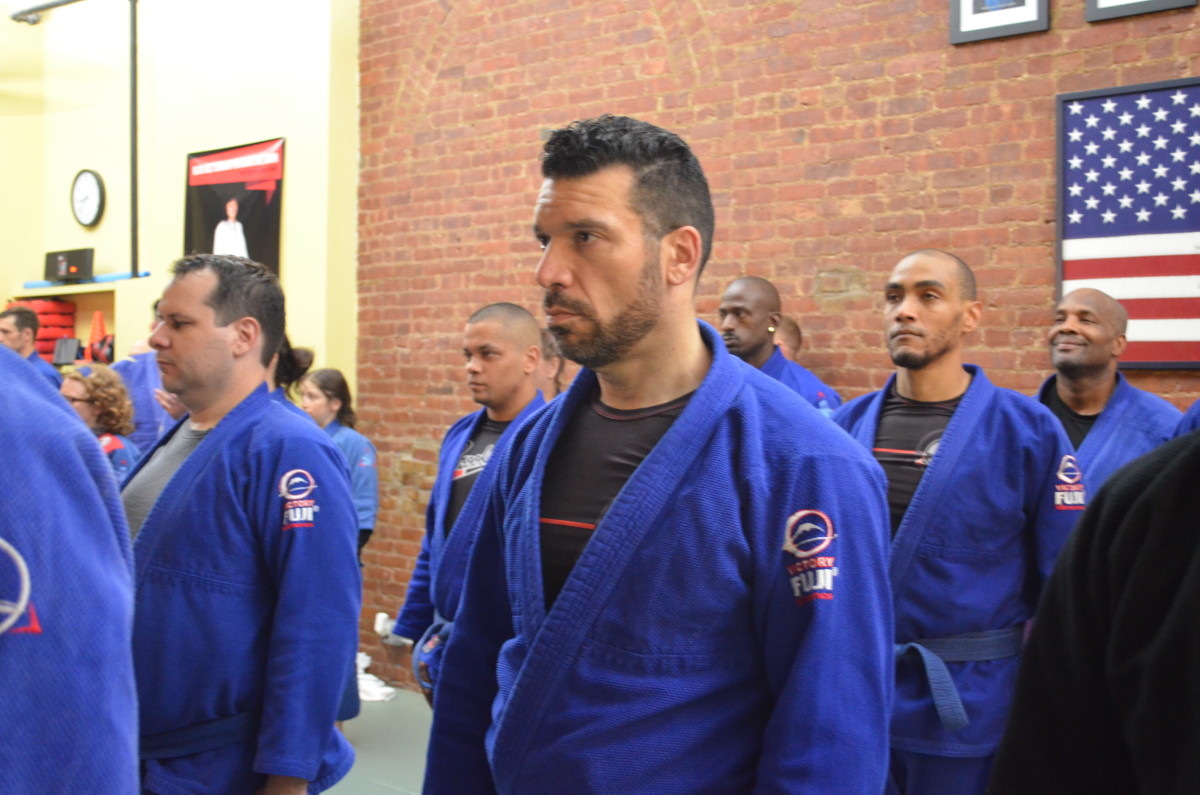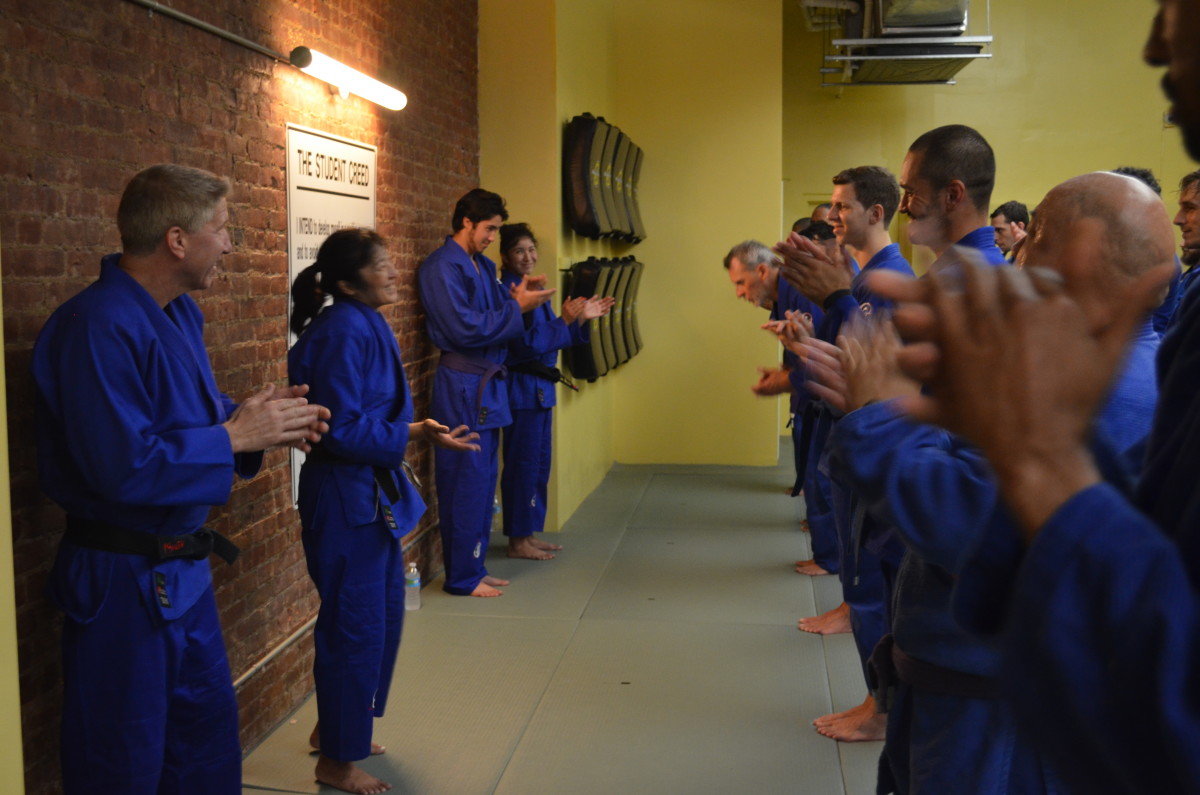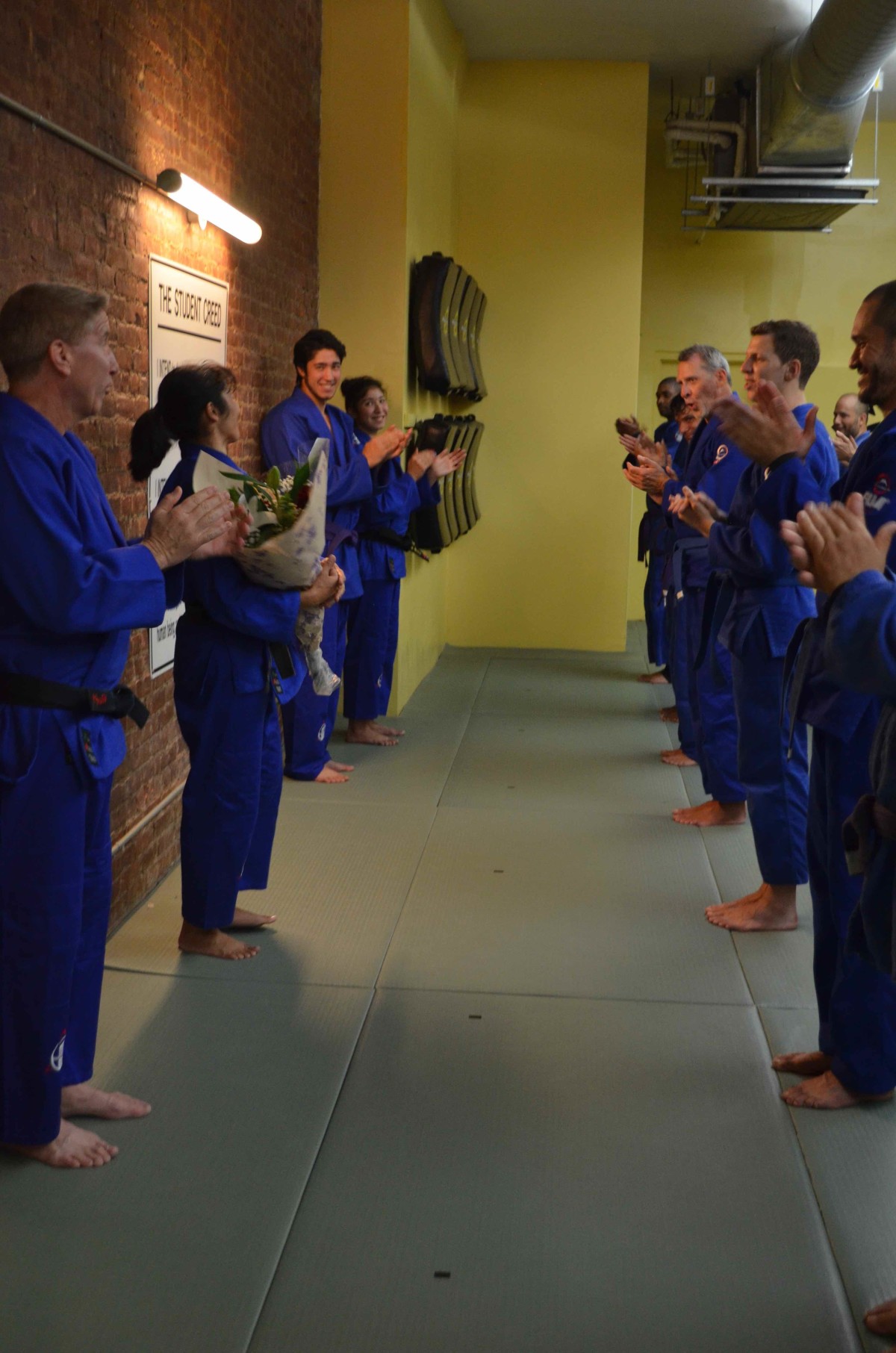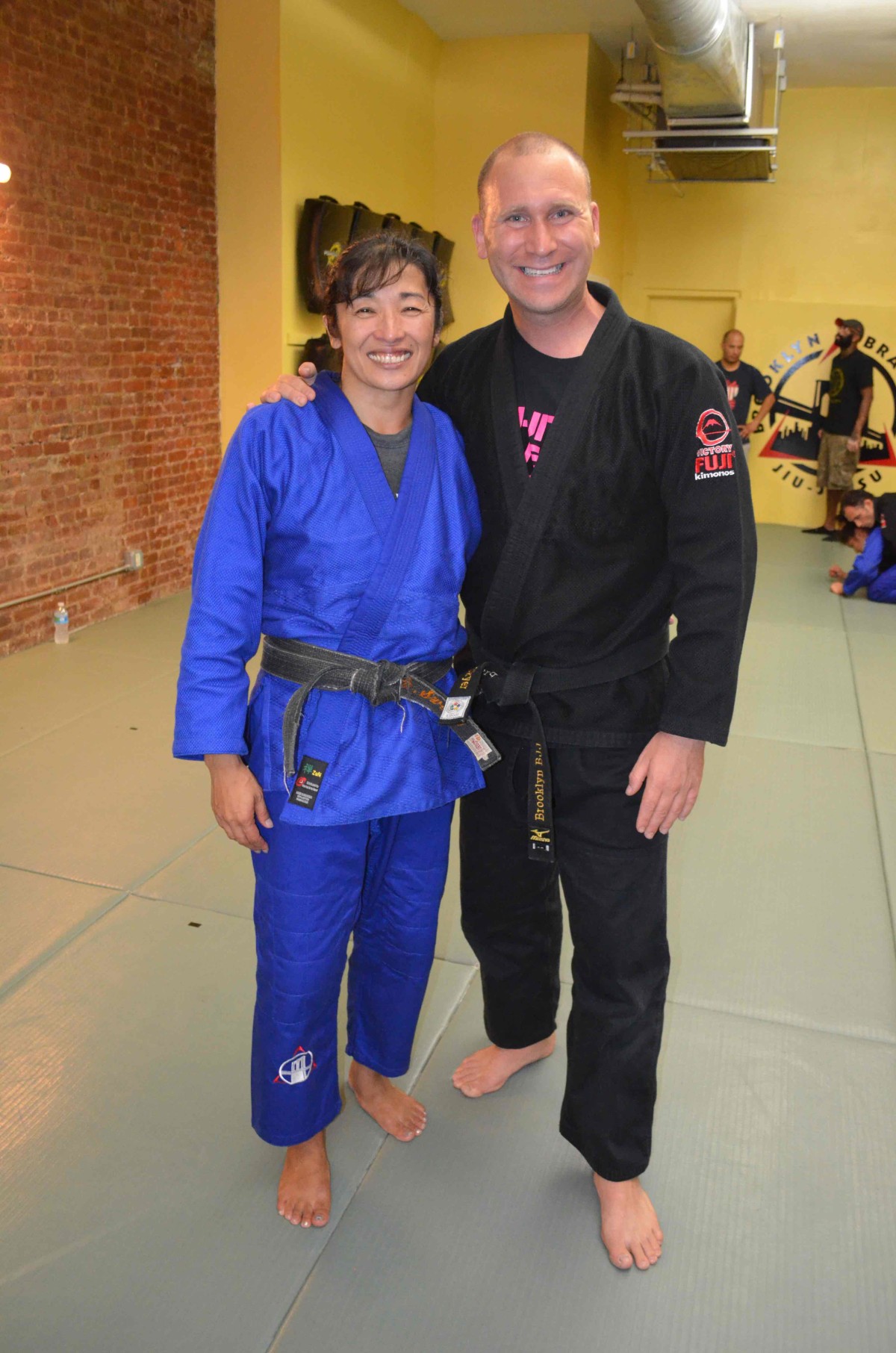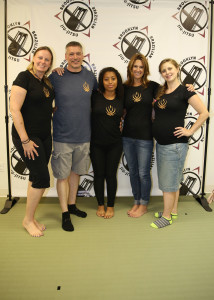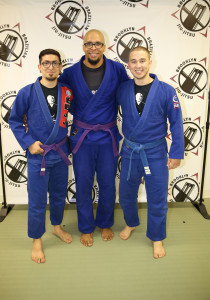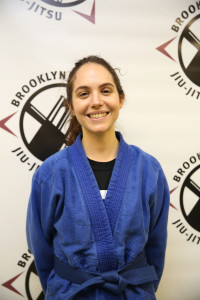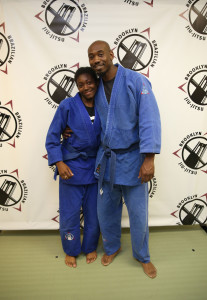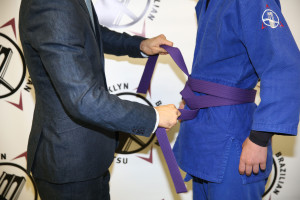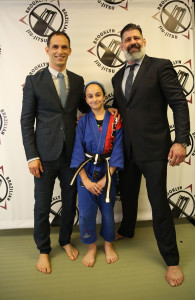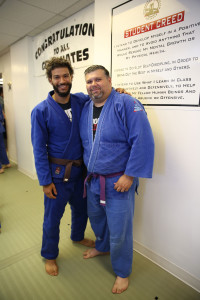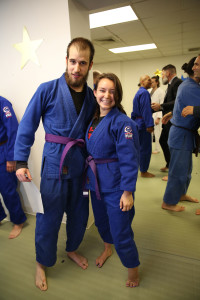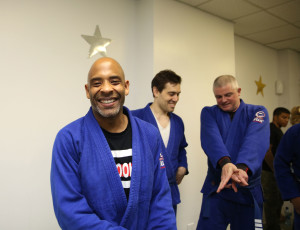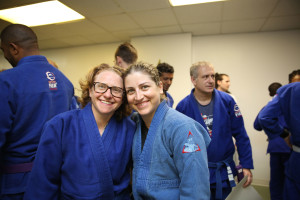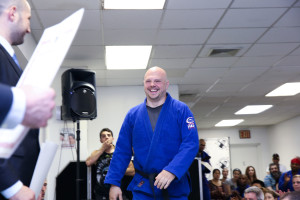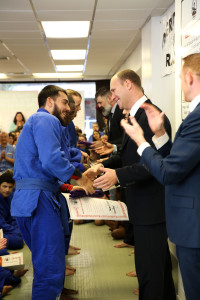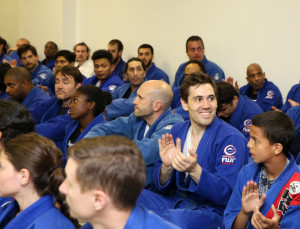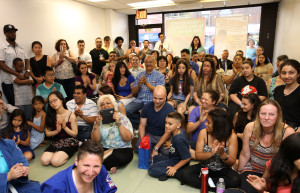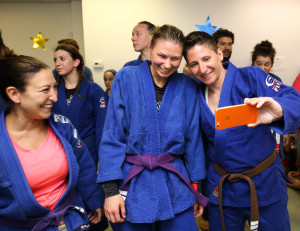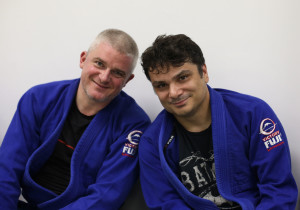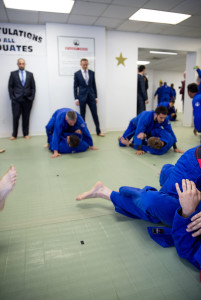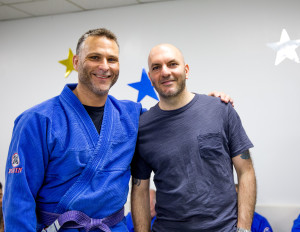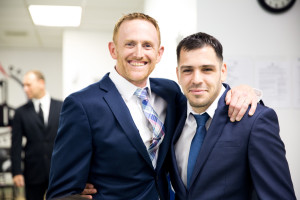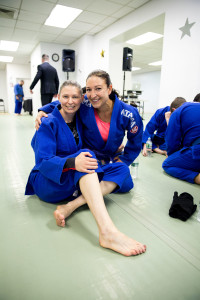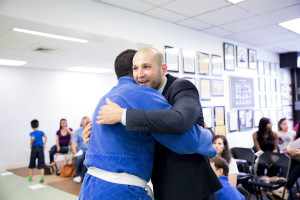A few days before Thanksgiving, I was at a parking garage on 27th Street and Broadway and I was going to pay the ticket. I was standing in line when this guy steps to the front and he tries to jump the line. My response was to flex on him a little bit: I postured up and looked at him eye to eye, and it worked. He understood that I wasn’t really having that.
So in the moment I thought to myself, “I was right – he really tried to pull some smart stuff and I shut it down.” But then thirty seconds later, I began to wonder, “What harm would it have done to let this guy just go in front of me and give him a nice gift?” I knew I could wait a couple more seconds. What if I thought, “Hey – be my guest!”
This brings us to the point that we’d like to make about giving thanks during the holiday season. In the past. we’ve encouraged students to take a little time before the end of the year to sit and think about the things that they’re grateful for. That’s the meaning of the holiday, that’s what the intention was. And it’s a very healthy thing: along with the football and the egg nog and the Black Fridays and holiday shopping and New Year’s, taking a minute and being grateful.
But this year, I began to think about the word “Thanksgiving” as a compound of “thanks” and “giving”, and tried to change my approach. What I did this year – and probably most of you do this and I’m late to the party – was to try to have thanks and then keep giving. Not just thanking for the gifts that we have, the blessings that we have, and all the stuff we’ve received this year. But really taking seriously this plan to keep giving, to keep generating, to bestow blessings on others without needing to be reciprocated.
This is what I did at Thanksgiving, and it’s what I’m going to try to do during this holiday season: to give to someone in the next three or four weeks in a way that they cannot repay me for. To create giving through an act of generosity and in doing so, to actualize these two principles: be thankful, and keep giving.
So if you’d like to take it on, it might be a nice experiment to see what we can do with this group, however many of us, just being generous. Yes, be grateful to those around you and think about what has been great about this year. And yes, recognize all the fortunate conditions and situations you’ve experienced in your life. But try, once you’ve done that, to give more than just your thanks – find a way to be generous and give someone else a reason to be thankful also
Shihan Gene Dunn






